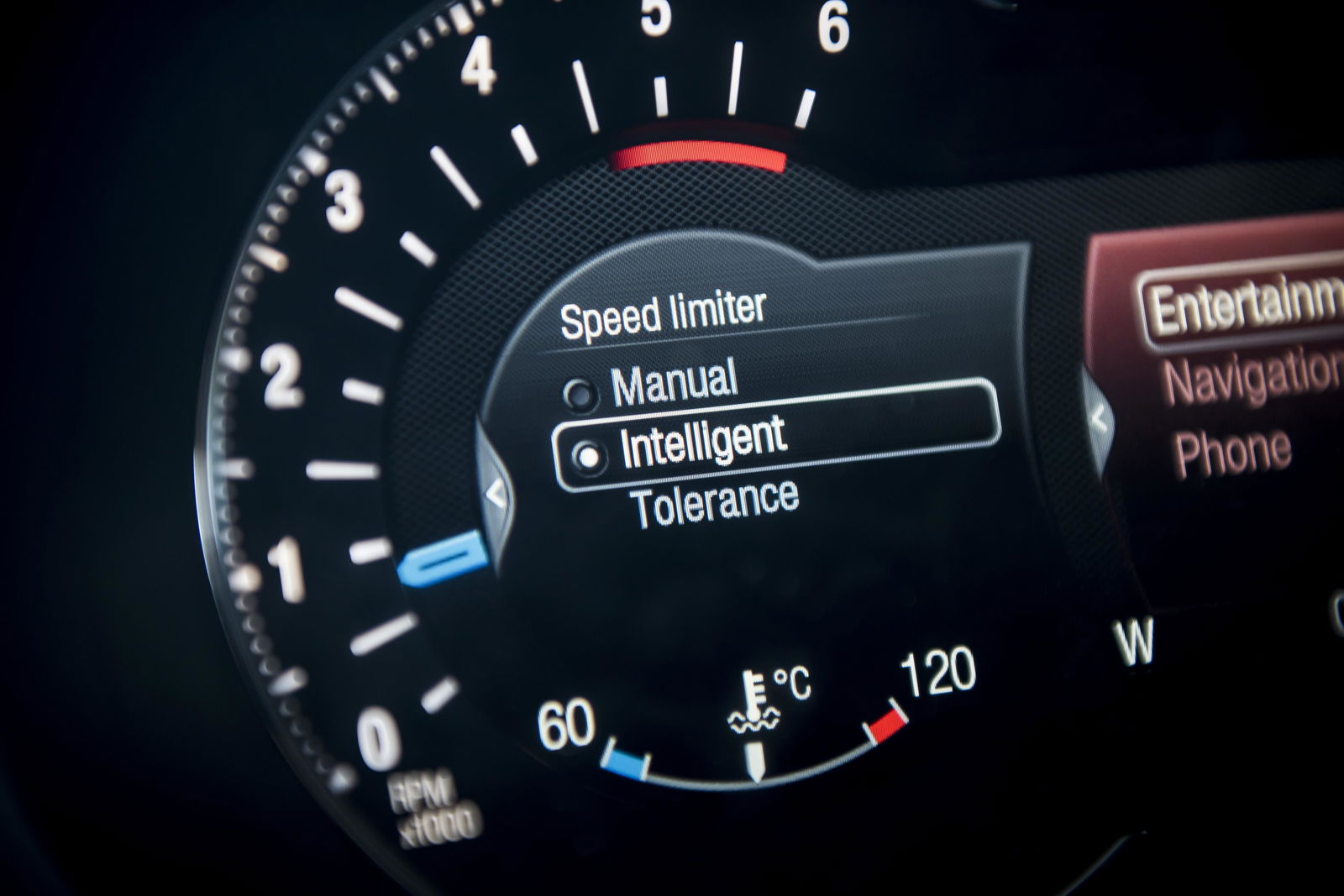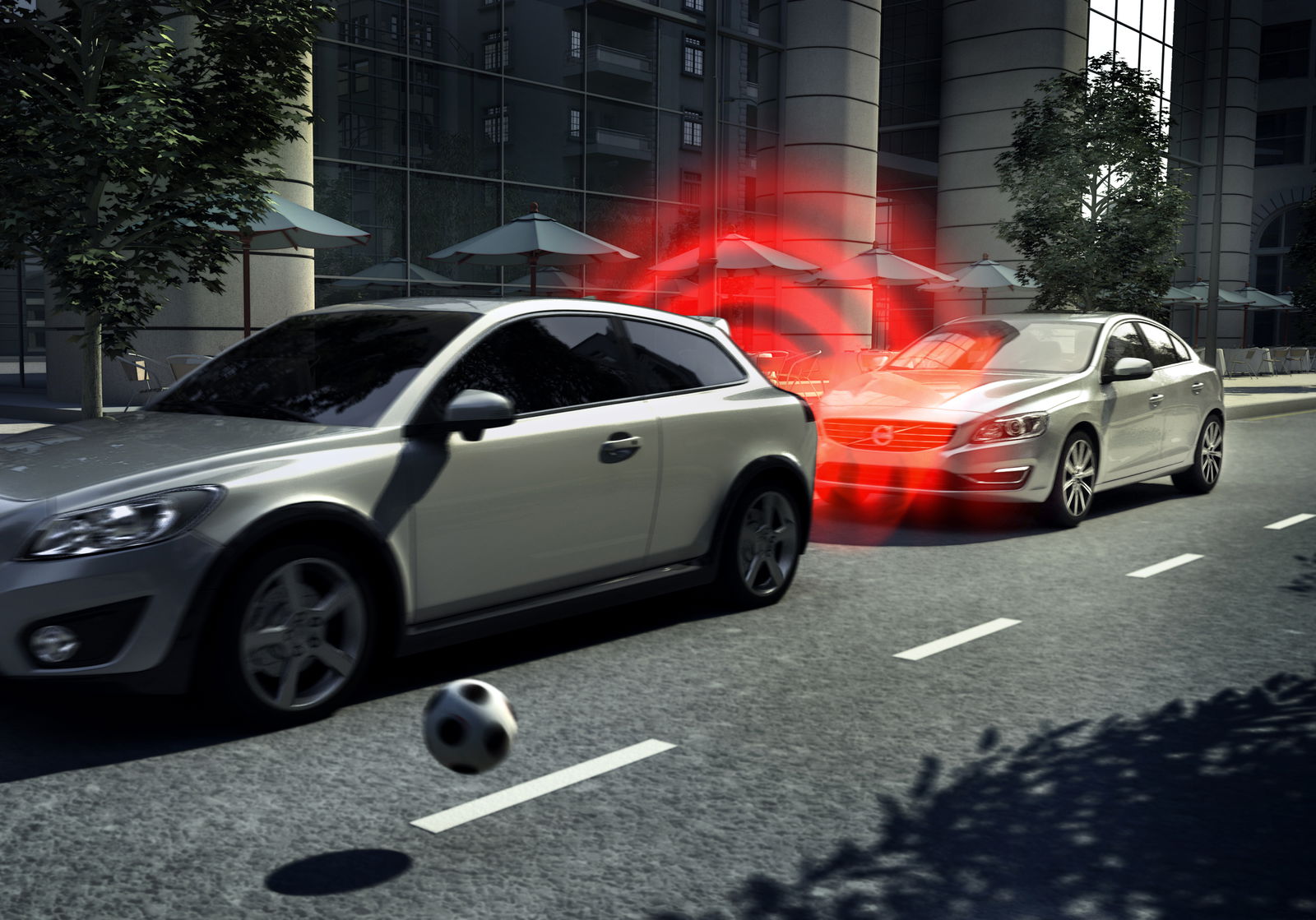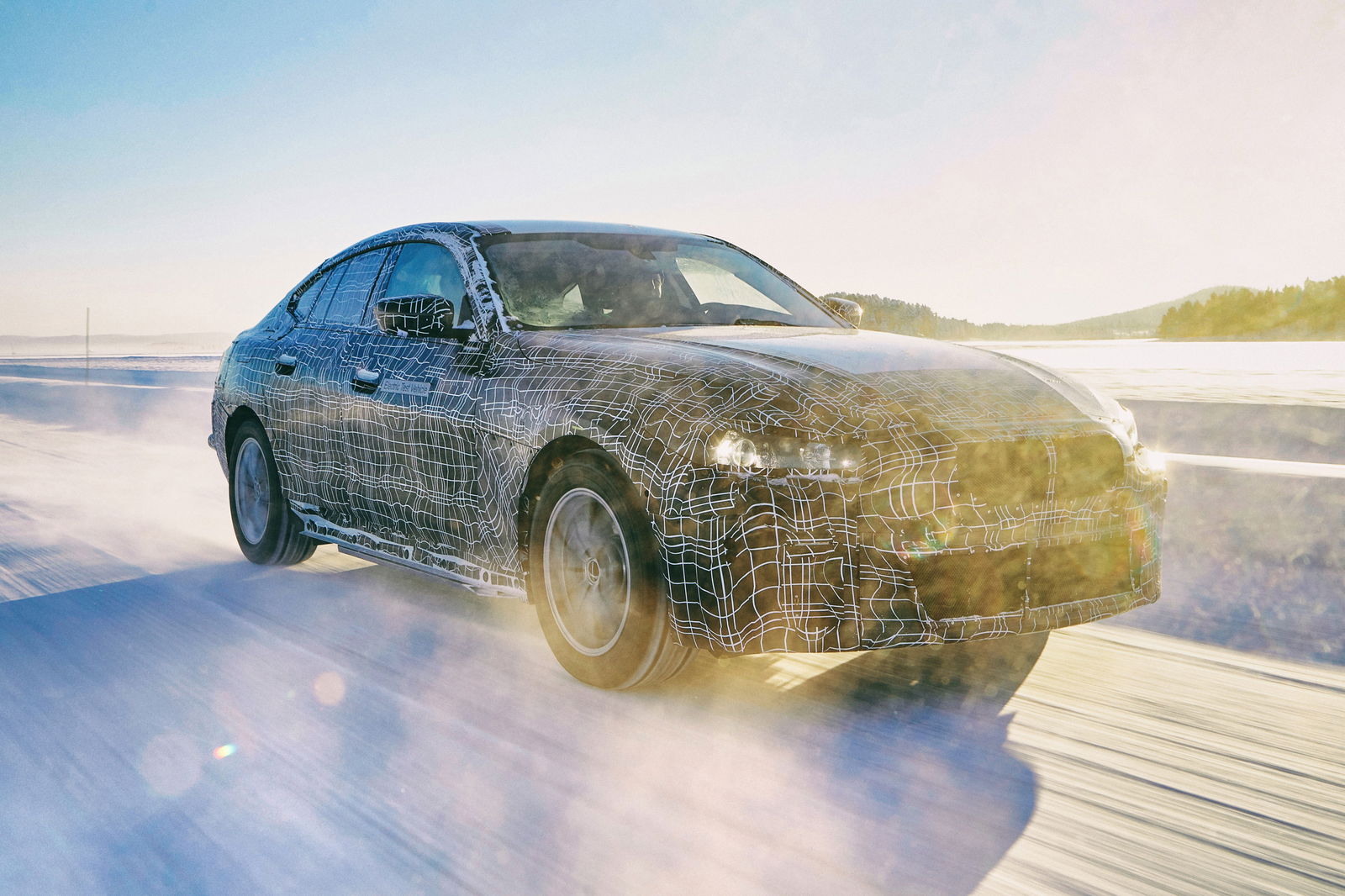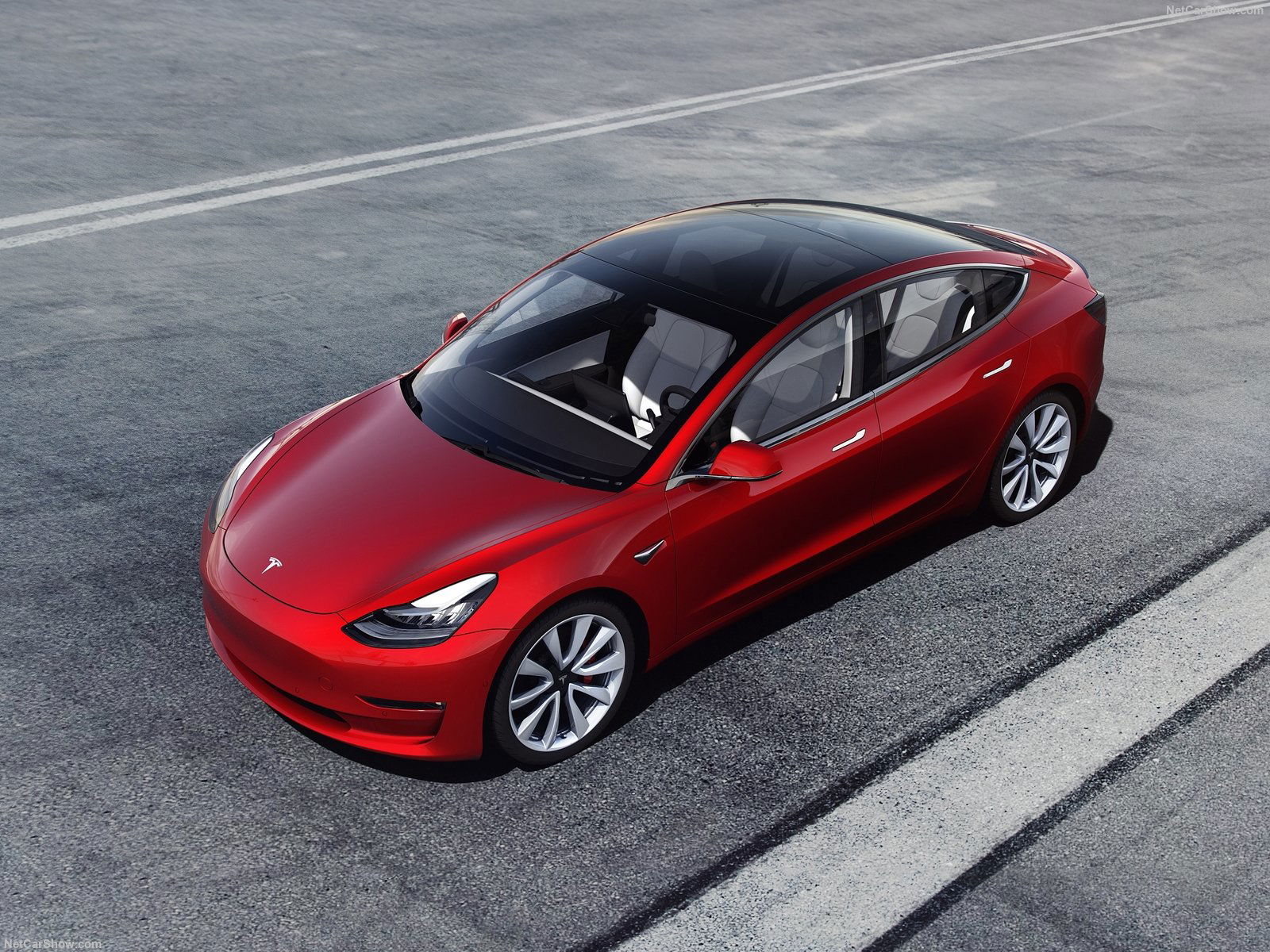Mandatory Speed Limiters Are Coming
The European Union has provisionally approved new laws that would make active speed limiters compulsory in all new cars.
The limiters would use GPS data and road sign-reading cameras to determine what the limit is at any given time, cutting engine power when you stray over the limit. Rather patronisingly named ‘intelligent speed assistance’ (ISA), it’s one of a raft of electronic systems that will be made compulsory on all new cars across the EU.

At this stage the general understanding is that the limiters can be overridden with either a button or a hard press of the throttle, but what is clear is that the system will always default to its on and fully active state when you start the car.
Pending approval by the European Parliament and EU member states, expected to be a formality as the bloc’s politicians make a special effort to show unity as Brexit rumbles on, ISA will be introduced on all-new cars from 2022, with pre-existing models forced to comply by 2024, for example during their mid-life updates. Cars sold before this date won’t be legally required to feature the technology.
Reducing speed is the focus of @UNGRSW & Prof Carsten explains why intelligent speed assist is such a key technology @ETSC_EU #SlowDown pic.twitter.com/YmGG2VfL8o
— GlobalNCAP (@GlobalNCAP) May 9, 2017
Among the other systems slated for universal introduction at that time are autonomous emergency braking, which is already common but will become compulsory. Lane departure warnings, driver drowsiness warnings, driver distraction warnings, an accident data recorder (or ‘black box’) and a dedicated ‘emergency stop’ braking signal will also be required.
The regulations even specify that cars must have the facility to install an ‘alcohol interlock,’ so a breathalyser can be installed and linked to the immobiliser, in theory preventing drunk-driving. Weirdly, the final mandated technology is reversing sensors or a rear-view camera, because apparently no one can be trusted to reverse a car using their eyes any more.

Whether or not the UK leaves the EU in the coming weeks, the technology is likely to be put into practice here as well. Few politicians would have the will to argue for civil liberties over black and white safety.
Matthew Avery, director of research at Thatcham, has previously called the legislation “great news for road safety.” He continued: “It’s encouraging that a lot of the safety technologies proposed are already fitted as standard on many new cars. In fact, it’s now impossible to get a five-star Euro NCAP safety rating without AEB fitted as standard.”








Comments
Just glad that there are never bugs whatsoever, or that every „connected“ technology can‘t be manipulated in any way. What could possibly go wrong? As if every citizen would be to dumb to drive, who the f*ck asked for this kind of „assistence“?
Well RIP, good thing i live on the other side of the pond
Makes me happy i can’t afford a new car!
Maybe Brexit isn’t all that bad…?
Step 1: Cut the cables going to the sign cameras
Step 2: Drill a hole in the processor of the GPS
Step 3: Enjoy unlimited speed.
Rip EU good I’m in USA (I feel we will eventually do the same sadly)
It’s never been a better time to be an ECU tuner
Every major custom ECU company right now
How am I the only one not bothered by this? Let’s be honest we could all do with more road safety, and if it can be over-ridden then that should shut everyone else up. You all act like you don’t drive within the law/speed limit 99% of the time, despite the fact you probably do and therefore the effect on you will be negligible. Yet of course you’re still going to get salty about it. Grow up!
Personally, I don’t see much problem in the context of city and surburban streets.
The highways on the other hand…
Pagination